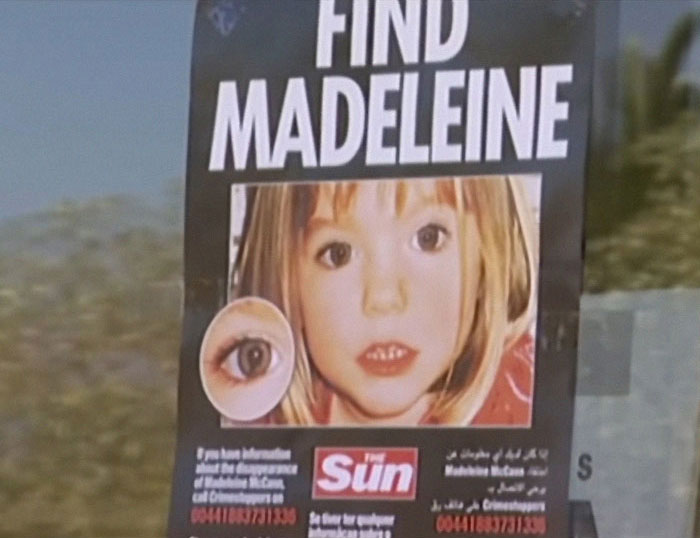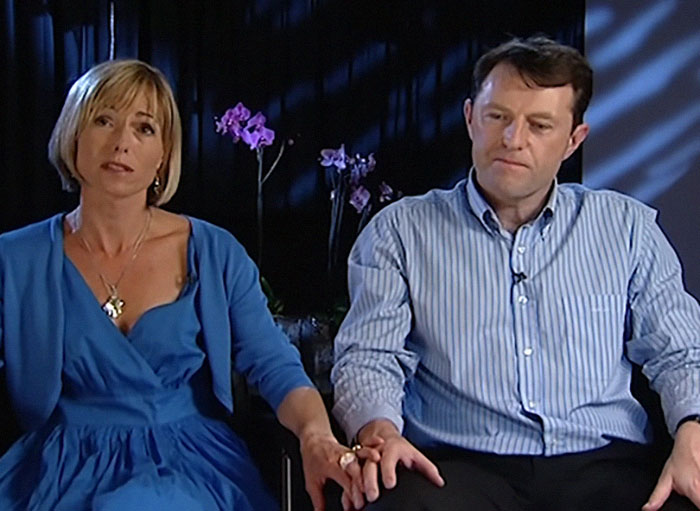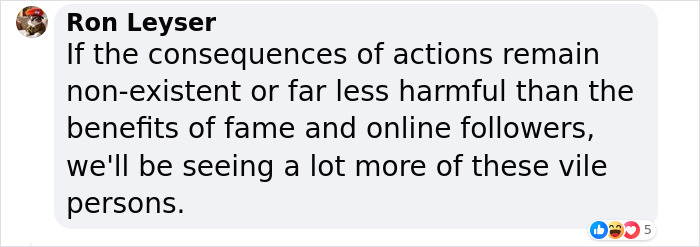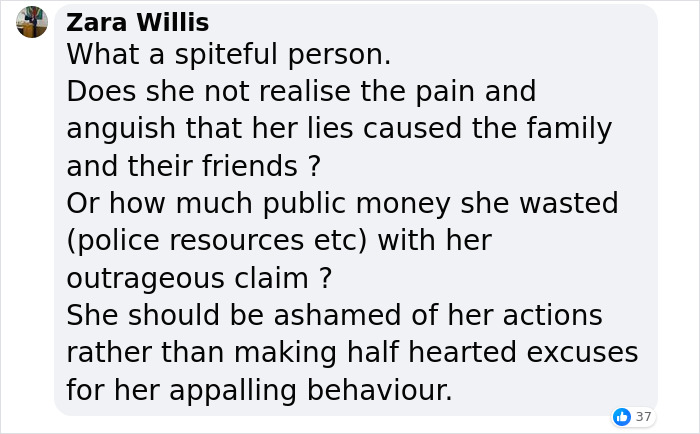Trigger warning: mentions of sexual abuse, explicit online harassment, childhood trauma, and kidnapping. A woman faced intense online backlash after claiming on social media to be the long-lost Madeleine McCann, revealing her motive was rooted in a traumatic childhood. 22-year-old Julia Wandelt posted on social media in early 2023 that she believed she was the missing little girl who gained international attention with an Instagram account she called “iammadeleinemccan,” which no longer exists.
Julia, who lives in Poland, started making false claims as a result of her traumatic childhood, being isolated at school, and being sexually abused as a young child. After undergoing therapy at the age of 20, the Madeleine impersonator realized there were chunks of time in which she couldn’t remember anything at all.
Consequently, the perturbed young adult began wondering if the blanks in her memory might’ve hidden a big secret before suspecting she had been adopted.
Speaking on the BBC Radio 4 podcast series called Why Do You Hate Me?, she recalled asking her relatives: “For example, can you show me some pictures from childhood? Can you show me your pregnancy photos?” but admits her concerns were promptly dismissed.
Julia Wandelt faced online abuse after claiming on social media to be the long-lost Madeleine McCann, revealing her motive was rooted in a traumatic childhood

Julia’s suspicions grew stronger, and she started wondering if she had gotten kidnapped as a child, prompting her research on the internet. She subsequently learned about Madeleine’s case.
Madeleine vanished while on holiday in Portugal with her family in May 2007. Her parents, Kate and Gerry, were at one time considered formal suspects by the Portuguese police. More than a decade on, her cold case continues to attract attention globally.
Julia started to think she recognized a potential suspect in Madeleine’s case who had been sketched or e-fitted. She said: “I know [what] my abuser looks like. And I know this is very, very similar to the suspects from [the] Madeleine McCann page.”

She further went on to notice an unusual physical resemblance between her and Madeleine: coloboma of the iris — a rare eye abnormality that affects one in every 10,000 babies.
Julia went on to contact the police in Poland and the UK. “I called them so many times,” she told the BBC. “But no one treated me seriously.” As a result of people’s lack of interest, the traumatized woman turned to social media to see if people would pay attention there.
She explained: “I was looking at what people write, what they say, if they believe me, or if they will ignore me.” Julia reportedly became “engulfed” by a whole new community online that offered support, validation, and even gifts, including flowers, bracelets, teddies, and blankets.
Julia quickly gathered more than a million followers on her Instagram profile. She recalled: “I’ve never felt the people who support me or who follow me are fans. I always feel that they are just people who are friends.”
Julia’s story had gone so global it ended up attracting the attention of producers in the United States, and she was invited to go on Dr Phil’s talk show
Nevertheless, the Instagram influencer also started to receive backlash and online hate, as she explained: “I knew that there [would] be people who [would] not believe me or hate me, but I didn’t expect that I [would] get death threats, for example. It was something that I don’t understand.”
She continued: “People knew that I was abused, and they all knew that I deal with depression.
“I was trying to be strong, even when people said, ‘you should die. You should be raped.'”
“‘You should be killed. You should be murdered. You shouldn’t exist in this world. You’re a b*tch.'”

One person person even went as far as saying they’d put a bounty on Julia’s head, offering €30,000 (£25,700) as a reward. However, the abuse didn’t prevent Julia from posting.
She said: “I wanted to know the truth. Some people said [I wanted] to be a star. ‘She wants to make her music go viral, blah, blah.'”
In March 2023, Julia’s story had gone global, the BBC reported. It ended up attracting the attention of producers in the United States, and she was invited to go on Dr Phil’s talk show.
Madeleine vanished while on holiday in Portugal with her family in May 2007

At the time, Julia also decided to take a DNA test. She revealed that neither her parents nor the McCanns had agreed to provide DNA samples to compare them with Julia’s results.
Julia’s DNA results did, however, show that she was from Poland, with some Lithuanian and Romanian heritage, and therefore, she could not be Madeleine, who is British.
At the time, her family said in a statement: ”For us as a family, it is obvious that Julia is our daughter, granddaughter, sister, niece, cousin, and step-niece.
“We have memories. We have pictures. We always tried to understand all the situations that happened with Julia.”
Julia had noticed an unusual physical resemblance between her and Madeleine: coloboma of the iris

While some of her Instagram followers turned on her after the results of the DNA test came in, others remained in close contact with Julia and offered her support, the BBC reported.
Meanwhile, Julia admitted she posted an apology to the McCanns because she was worried she might have added to their distress. She said: “I apologized to the McCanns because I don’t know them personally.”
“I don’t know if they were watching this journey, if they were sad, or whatever. And I just wanted to say sorry.”
“Because every person can react in a different way, and maybe it brought them more sadness. I didn’t want them to feel sad.”
Julia revealed that neither her parents nor the McCanns had agreed to provide DNA samples to compare them with her results

Julia continued to clarify: “I really wanted to know who I am, and I knew that it could make them feel sad.”
When Julia first started to question her identity, she said she was depressed and “felt that [she didn’t] belong here.” She concluded the podcast by revealing: “I realize that I am strong, and I am a fighter, and I’m not a weak person.”
In May 2023, Portuguese Police declared that the Madeleine McCann search was over. A search of a reservoir in Portugal that came more than 16 years after the British girl went missing resulted in the collection of some material but did not solve the mystery of her disappearance, the New York Times reported.
Some readers thought it was “spiteful” to give the family false hope

















